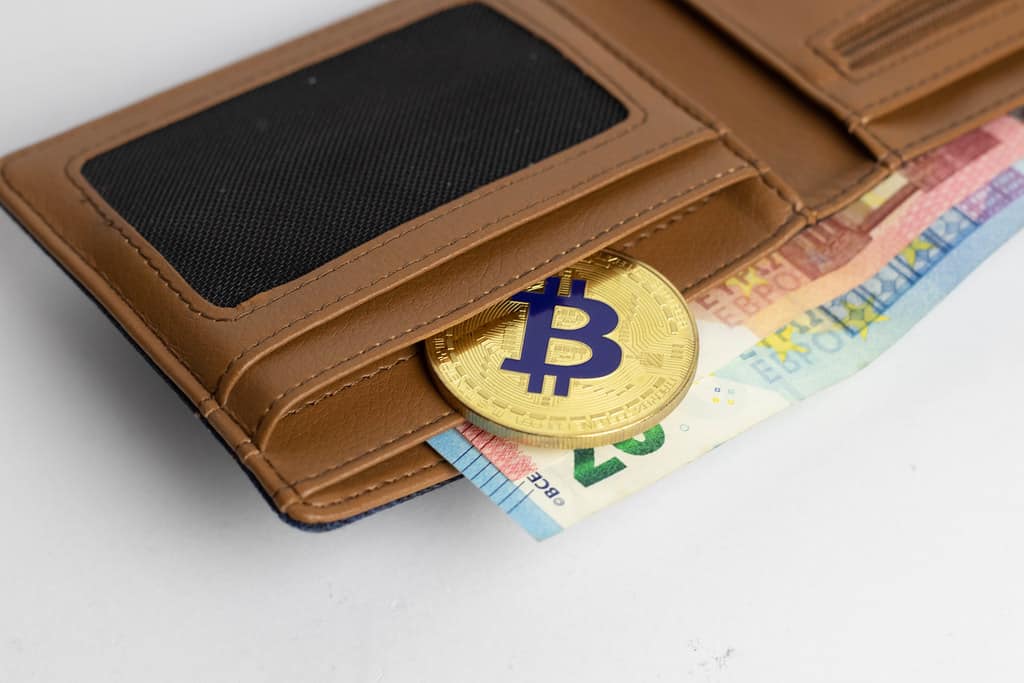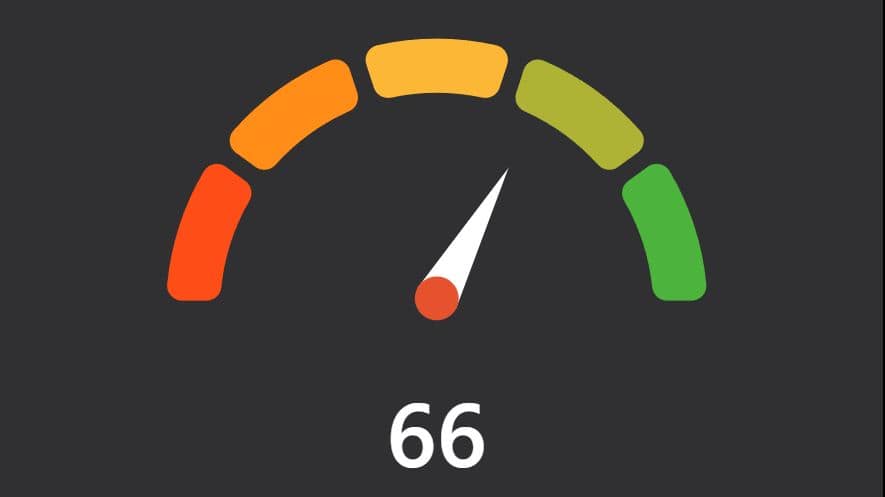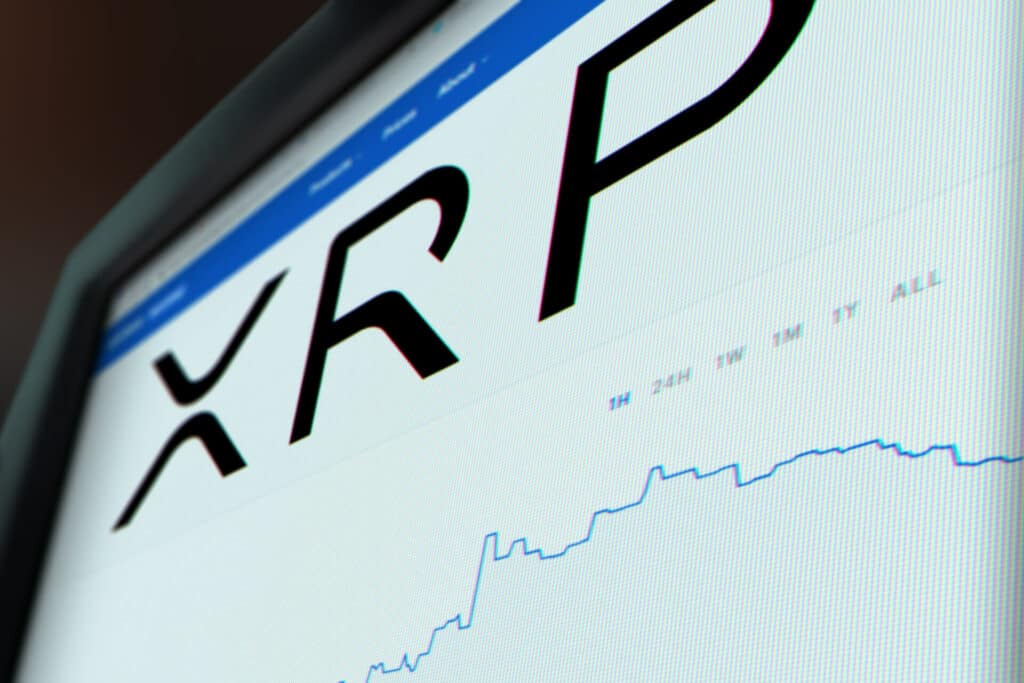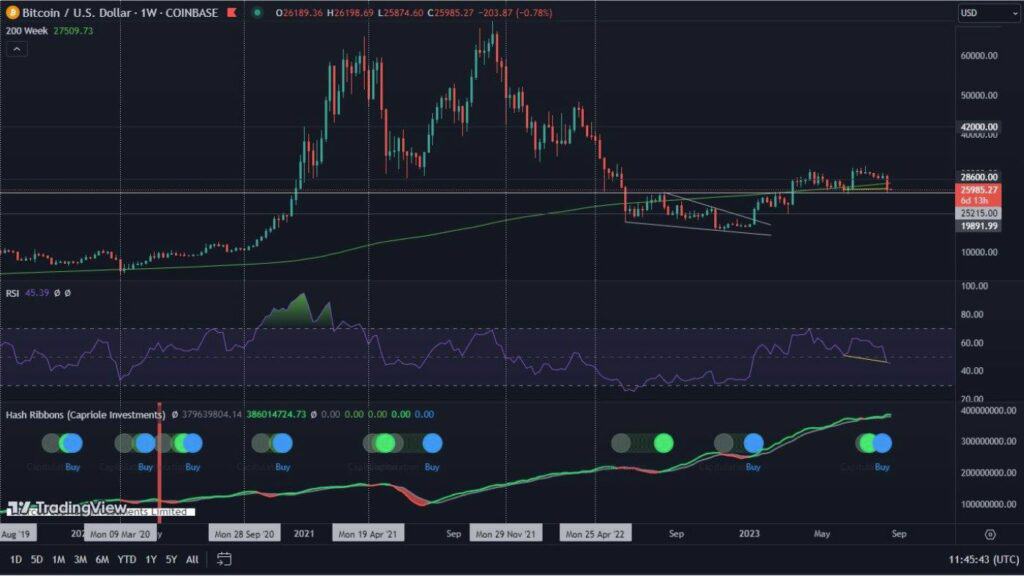Even after the controversial CBDC fraud, the People’s Bank of China is still determined to develop its project to create a digital Yuan, the digital equivalent of China’s fiat currency. At least, that’s according to the Governor of the People’s Bank of China, Yi Gang. We tell you what the aforementioned fraud was about, as well as the further plans of the PBOC towards the development of the digital Yuan, in the article below.
China’s first CBDC fraud?
Earlier this month, China faced quite a challenge! We are, of course, talking about illegal activity concerning the digital currency issued by the central bank of China, the People’s Bank of China. The Xinmi Public Security Service, in cooperation with the Anti-Fraud Center, which is part of the Zhengzhou Public Security Bureau, arrested 11 suspects who are believed to have used the digital Yuan to launder money. The detention took place in Fujian province. Authorities reveal that the digital Yuan was used as one of the layers through which money belonging to a criminal group hiding in Cambodia passed.
The Chinese government promised a safe and regulated digital currency to its citizens. Unfortunately, it appears that it has not kept its promise. Nevertheless, it is not slowing down and still intends to develop the digital Yuan.
What will the future development of the digital Yuan look like?
This is the question everyone is asking themselves, especially after the fraud experienced by this yet-to-be-tested digital money. For now, China is one of the frontrunners in the development of CBDCs around the world. The digital Yuan was mainly tested in major cities including Shenzhen, Beijing and Shanghai. After the detected fraud attempt, Yi stated, “Going forward, we will continue to prudently advance the research and development of eCNY, improve its design and use.”
Further development of the eCNY also involves improving privacy protection and countering counterfeiting that the eCNY may undergo, which also seems to be a key development direction in the current situation. Yi also says that the People’s Bank of China intends to make the digital Yuan more interoperable so that it can be integrated with existing payment tools. In the context of the digital Yuan, it is also worth mentioning that the government plans to use it largely only for internal, small transactions that citizens make in their daily lives. Cross-border, large transactions pose a threat and can be used precisely for money laundering.



























